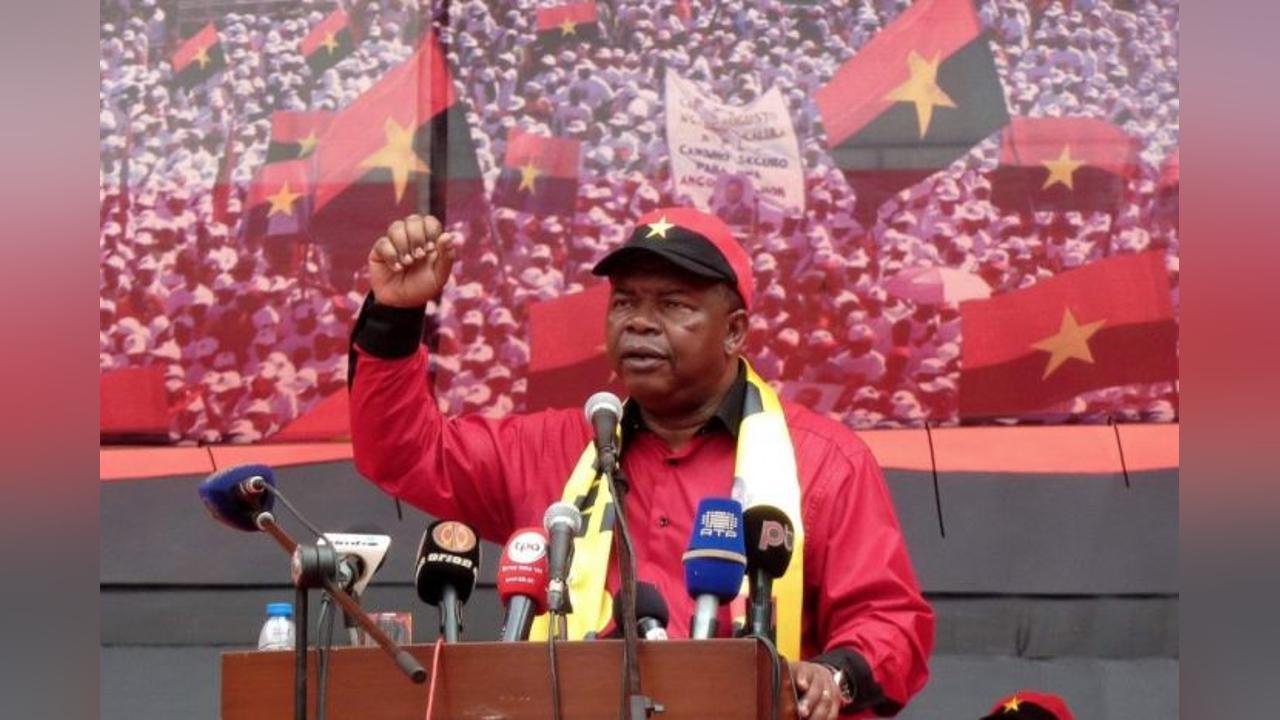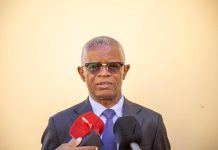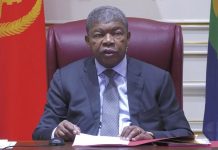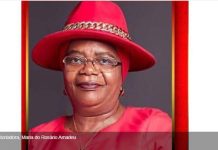Africa-Press – Angola. For the past 15 years, Angola has seen local elections promised by the MPLA government constantly postponed. The executive director of Friends of Angola told that the MPLA is “afraid of losing power.”
Since 2010, with the approval of the Angolan Constitution, which provides for the creation of democratic local authorities, the country has seen these elections postponed repeatedly. Despite repeated promises, local elections remain pending, raising the question: Why does the MPLA continue to postpone local elections?
The founder and executive director of Friends of Angola says it’s out of “fear of losing power.” In an interview with DW, Florindo Chivucute even speaks of a “lack of political will.”
He also argues that local authorities are essential to improving local services and that the growing abstention in previous elections reflects Angolans’ loss of confidence in the political system.
DW Africa: Why does the MPLA continue to postpone local elections, despite having promised to do so on several occasions?
Florindo Chivucute (FC): I think a lack of political will is the reason they’re afraid of losing and sharing power with other political parties. However, the 2022 results clearly demonstrated that a large portion of Angolans have a different preference than the MPLA.
In other words, the MPLA is losing popularity significantly, and yet the implementation of local government would mean the loss of many territories, that is, provinces, municipalities, and districts, and the sharing of power with the opposition, and therefore the loss of control over all political power in Angola.
This is, in my opinion, the reason why President João Lourenço has not been able, at least so far, to honor what he promised.
DW Africa: The government has justified the postponements with a lack of infrastructure and legislative issues. Do you consider these reasons valid?
FC: The goal of local governments is to develop provinces and municipalities at the local level, especially those farther away from the provincial capital. Many of them, across almost the entire country, remain underdeveloped, and specifically, I’m referring to the lack of primary schools, not to mention universities, access to drinking water, electricity, basic services, and health services.
Through local elections, municipalities will be able to benefit from the creation of these basic infrastructures and services in the short term. It’s not the other way around. It’s not putting the cart before the horse.
However, the argument that local authorities cannot be implemented due to a lack of infrastructure is completely baseless. It’s an invalid argument, in other words, because it’s the opposite. Local authorities are precisely there to carry out this work.
DW Africa: How has the postponement of local elections affected Angolans’ confidence in decentralization and democracy?
FC: Angolans’ trust in the ruling party and the political process has declined significantly. It’s important to remember that there was a very high abstention rate in the last national elections we held in 2022.
There are Angolans who didn’t vote. They didn’t vote because the abstention rate continues to rise significantly, which means Angolans are losing confidence in democracy, in the political system, in the democracy we are trying, with great effort and some setbacks, to implement in Angola.
However, in Luanda, the MPLA lost, which is significant, as it is Angola’s capital and the country’s most populous city. However, it’s important to understand that this has significantly affected and continues to affect Angolans. And it will also affect the upcoming elections.
Because Angolans, in general, have already understood that for local development to occur, they must have a say in the election of their municipality’s governor. Unfortunately, this hasn’t been the case.
angola24
For More News And Analysis About Angola Follow Africa-Press






